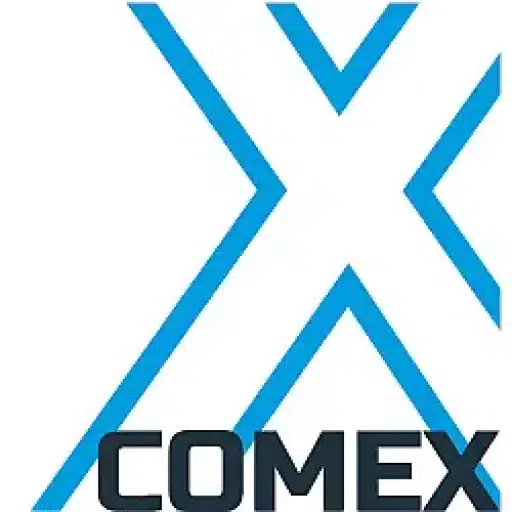+31 (0)43 30 88 400 | office@comex.eu

Be aware of the risks of cloud storage
Storing large amounts of data in the cloud is commonplace for many users. The reasoning is that data is secure and available. But that, unfortunately, is not entirely true. The city of Dallas, Texas, can speak to that. A story of lost data and even more lost money.
The City of Dallas lost as much as 20 terabytes of data recently. And not just any data: it involved 17,000 files of criminals. During a cloud migration, an IT employee probably clicked something wrong. A small mistake with big consequences, which demonstrate first of all that data in the cloud is by no means untouchable.
What happened in Dallas?
In 2015, the City of Dallas decided to migrate data to the cloud, with an available budget of $60,000 per year. Four years later, 5 percent of the data had been migrated to the cloud, but the cost was a whopping $908,000. Another year later, 10 percent of the data had been transferred and the cost was $1.8 million. By 2021, the amount of data had been reduced to 7 percent, which still cost $122,000 per month(!). Given the huge costs that far exceeded the original budget, the decision was made to just pull all the data back from the cloud. And then things went wrong, because a human error erased all the data. Data gone, money gone.
Be aware!
Dallas’ story underscores that storing data in the cloud carries risks. That cloud costs are very difficult to estimate is something we often see, that things go so gigantic wrong as they did with Dallas is fortunately rare. Still, every user, and therefore every company or organization, should be aware of the risks and carefully consider in the evaluation whether a migration to the cloud is the best solution. It can often be done much cheaper (feel free to inquire!) and, if we may say so, also better and safer. Still going to the cloud? Be aware of risks and what storing in the cloud means. Is it good enough? Then try it on a small scale first. Consider carefully what you want to use the cloud for! And as mentioned, there are fine (if not better) alternatives available.


